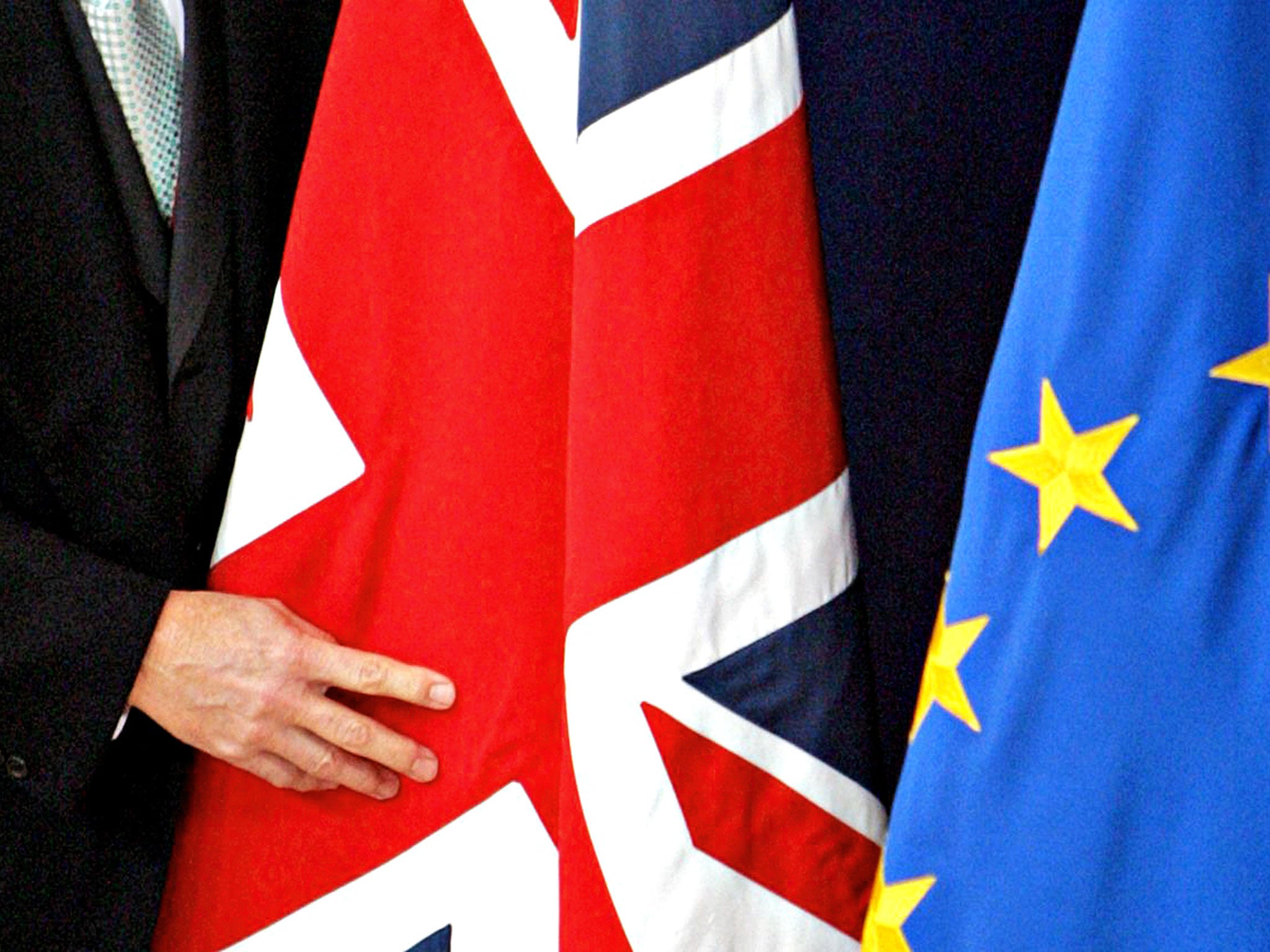Britain’s block opt-out from the Justice and Home Affairs legislation: A train-wreck in the offing or a sensible compromise?
Anti-EU sentiment is driving withdrawal from important justice legislation - and could make Britain a haven for criminals

On 1 December, unless Parliament in the meantime backs the Government’s proposal to re-join thirty five EU Justice and Home Affairs measures, which it believes is in the national interest to do, Britain will withdraw from Europol and Eurojust, two agencies which provide invaluable assistance in the battle against serious international crime.
We will likewise withdraw from the European Arrest Warrant which enables us to get back wanted British criminals who have taken refuge elsewhere in the EU and to send back foreign criminals who have come here.
And then Britain will also have to withdraw from a number of other measures which provide for the rapid exchange of information on criminal records and for cooperation against crimes such as terrorism, drugs, human trafficking, cyber-crime and child pornography.
You might think it was a no-brainer to re-join such measures, which are proving their worth on a daily basis and to a steadily increasing extent. If you do think that, you would be in good company.
That is the view of senior police officers, of the Crown Prosecution Service, of the bodies representing the legal profession and of the legal authorities in Scotland and Northern Ireland, all of whom gave evidence to parliamentary committees enquiries which have backed all the options in depth and which have backed the Government’s desire to re-join these measures.
The government is facing opposition in taking this decision from within the ranks of its own back-benchers and from the United Kingdom Independence Party.
The alternative course, which they suggest of negotiating separate bilateral agreements covering all these matters with each of our 27 EU partners, has been tried already and it does not work.
That was what we had before the EU measures came into effect. It means slower, more costly and less efficient recourse for British citizens who are the victims of crime and it is likely to make Britain an attractive haven for criminals from elsewhere in the EU. It risks re-politicising the whole process of extraditing criminals between Ireland and Britain.
We like to think of ourselves as pragmatic, practical people who favour solutions that work and who shy away from ideology.
And yet those who object to re-joining these measures do so on largely ideological grounds and choose to ignore the practical benefits of this network of cooperation which has been built up over recent years and which actually works.
They discount the fact that the Government’s approach includes withdrawing from a much larger number of EU Justice and Home Affairs measures of lesser or no practical value to this country.
One can only hope that common sense will prevail over the next few weeks and that we will not find ourselves living in a legal vacuum after 1 December. What a wonderful Christmas present that vacuum would be to the criminal fraternity.
Lord David Hannay is a former Ambassador to the EU and the UN


Join our commenting forum
Join thought-provoking conversations, follow other Independent readers and see their replies
Comments